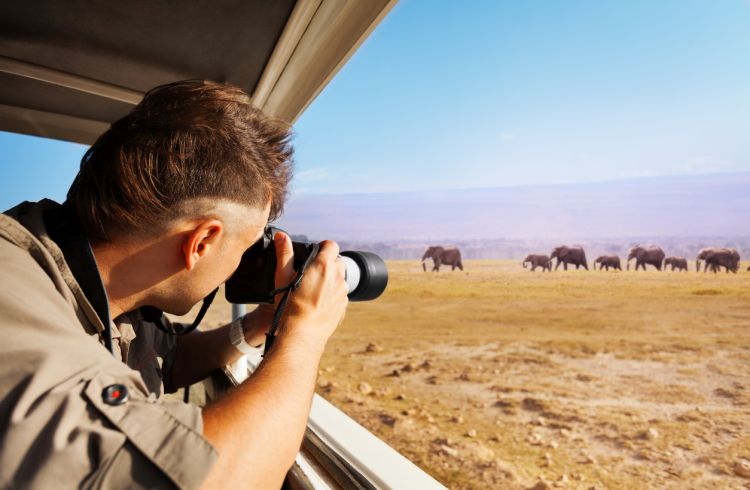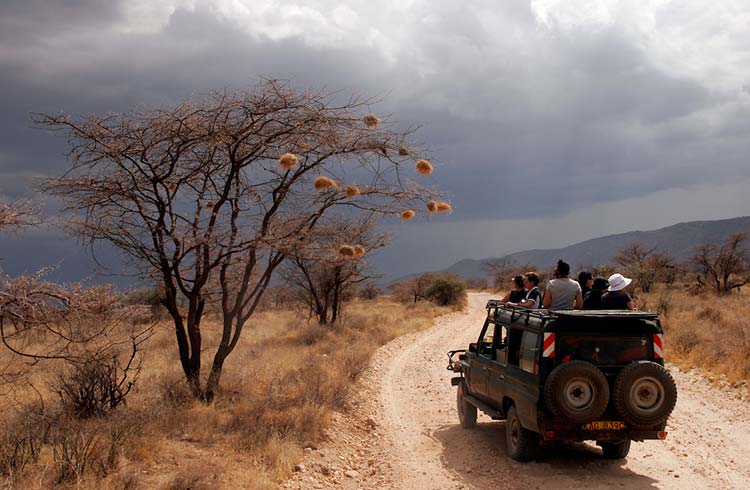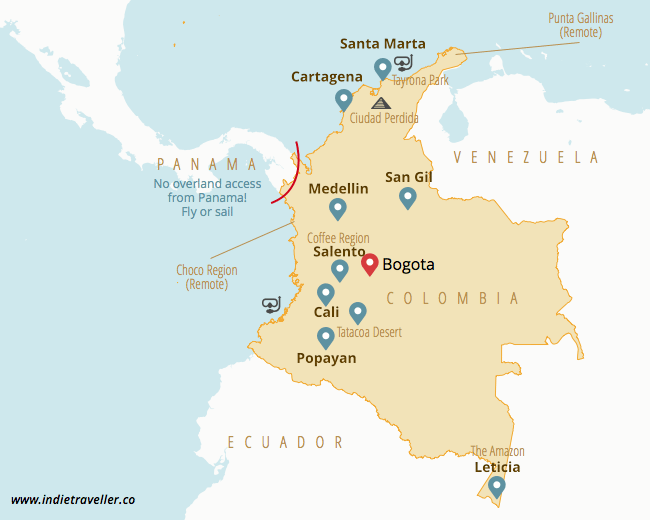Kenya is a beautiful East African country with stunning wildlife, landscapes, and culture. However, traveling anywhere requires safety awareness and planning. This comprehensive guide covers essential safety factors to consider when visiting Kenya as an international tourist.
Wildlife Encounters
With its abundant wildlife, safaris in Kenya offer close encounters with nature. However, respecting wild animals’ boundaries ensures safety. Never approach, feed, or antagonize wildlife, even up close on guided tours. Maintain a safe distance as directed by guides and agencies. While rare, attacks have occurred from animals like lions, buffaloes, elephants, and hippos feeling threatened. Stay alert and listen to instructions.

Crime and Scams
Like any destination, petty crimes occur but remain relatively low risk if tourists exercise caution. Keep valuables hidden, avoid displaying expensive cameras or phones openly. Use licensed taxis at reputable stations and pre-booked transportation from hotels. Beware of scam artists in busy areas, never change money on the street. Stick to well-lit main roads at night and don’t flaunt wealth or walk alone in isolated places.
Health and Hygiene
With its warm climate, malaria prevention must include effective insect repellents, covered clothing after sunset, and anti-malarial medication as advised by doctors. Drink only bottled water and avoid raw foods in tourist areas. Basic hygiene like washing hands frequently also reduces disease risk from contaminated surfaces. Get recommended vaccinations four to six weeks prior travel. Medical facilities are reasonably adequate in major cities.
Political Situations
While generally peaceful today, Kenya has witnessed periods of political unrest. International advisories provide updates on any demonstrations. Avoid protests or areas with a heavy police presence. National elections can see tensions rise - reschedule trips during such times if possible. Terrorism remains a rare but continuous threat especially near the Somalia border. Follow government security instructions and assess personal risk before visiting sensitive border regions.
Road Travel and Transport
Driving standards differ significantly from Western countries with unpaved roads in remote areas and little following distances between vehicles. Use established companies, never hitch-hike. Buses are affordable but overcrowded. Taxis and rental vehicles offer more flexibility, book beforehand. 4x4 vehicles suit game park roads during rainy seasons. Road accidents are a leading cause of injuries so drivers must observe all safety rules strictly.
Safety Awareness and Local Knowledge
Personal security starts with research, vigilance, and seeking advice for any unfamiliar destinations. A positive attitude and respecting cultural norms earns trust and cooperation from locals who generally support visitors. Tourist information centers, hotels, embassies, and travel agencies provide guidance. Hiring accredited guides near parks enhances wildlife viewing safely through their familiarity. Being aware, careful yet unworried allows fully enjoying Kenya’s rich experiences securely with basic safety steps.
I hope this comprehensive guide has addressed the key aspects relating to travel safety for tourists visiting Kenya. Let me know if you need any clarification or have additional questions! Staying informed and exercising caution goes a long way in ensuring a memorable yet risk-free trip.

 A visit to Pakistan: Tracing family roots and exploring Karachi and Hyderabad
A visit to Pakistan: Tracing family roots and exploring Karachi and Hyderabad